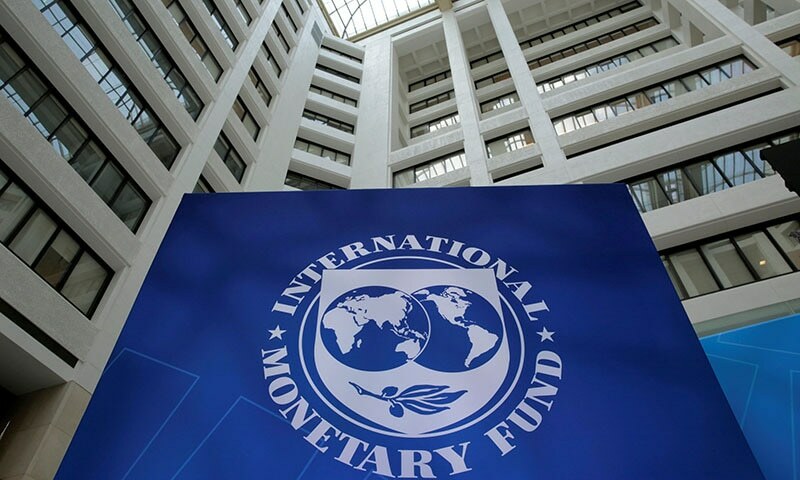The issue surrounding the International Monetary Fund (IMF) charging surcharges to countries like Barbados raises several concerns about the financial burden placed on already struggling economies.
Here’s a breakdown of the key points and perspectives:
The IMF’s surcharge policy: The IMF imposes surcharges on countries that borrow beyond certain thresholds. These surcharges are meant to discourage prolonged reliance on IMF resources and are added on top of regular interest rates and service fees. The IMF argues that these surcharges are crucial for its risk management and to maintain its role as a global lender of last resort, especially during crises like the COVID-19 pandemic.
Criticism from the Centre For Economic And Policy Research (CEPR): The CEPR, a US economic think tank, criticizes the IMF’s surcharge policy for several reasons. Firstly, they argue that surcharges are procyclical, meaning they exacerbate economic downturns by punishing countries already facing liquidity constraints. Secondly, they claim that surcharges divert resources that could otherwise be used for essential purposes like healthcare, climate action, or economic stimulus. Thirdly, they dispute the effectiveness of surcharges in achieving the IMF’s intended goal of reducing reliance on IMF lending.
Financial burden on countries: The CEPR estimates that Barbados will pay millions of dollars in surcharges over the next decade, constituting a significant portion of its overall payments to the IMF. This burden is not unique to Barbados; several other countries, including Angola, Argentina, and Ukraine, also face similar challenges.
Effectiveness of surcharges: The CEPR argues that the increasing number of countries paying surcharges suggests that the policy is not effective in achieving its intended purpose. They claim that instead of incentivizing countries to reduce their reliance on IMF loans, surcharges end up penalizing them, particularly during times of crisis.
IMF’s response: The IMF defends its surcharge policy, stating that it strengthens its balance sheet and allows it to provide financing at affordable rates to countries in need. However, the IMF’s justification is challenged by critics who argue that the policy disproportionately affects vulnerable economies and undermines their ability to recover.
In summary, the debate over the IMF’s surcharge policy underscores broader questions about the role of international financial institutions in supporting economic development and stability, particularly in times of crisis. Critics argue that the current policy exacerbates economic challenges for borrowing countries, while proponents maintain that it is necessary for the IMF to fulfill its mandate effectively.
Disclaimer: The views expressed in this article are solely those of the columnist and do not necessarily reflect the opinions or policies of the publication.
